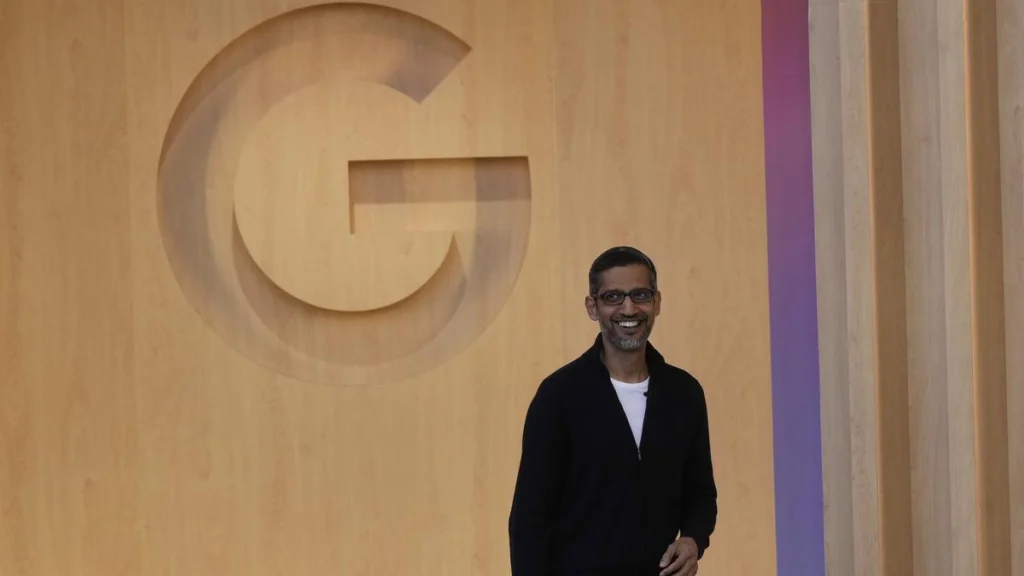Google taps top Obama Supreme Court lawyer for search antitrust appeal

Google Hires Former U.S. Solicitor General to Appeal Monopoly Ruling
Alphabet-owned Google has taken a major legal step to fight back against a landmark antitrust ruling. On Tuesday, the tech giant confirmed it hired Donald Verrilli Jr., the former U.S. Solicitor General under the Obama administration, to handle its appeal. This move comes after a federal judge ruled that Google maintains an unlawful monopoly in the online search space.
With the stakes higher than ever, Google is gearing up for a long legal battle—one that could shape the future of digital competition for years to come.
Why Google’s Move Matters
To understand the weight of this decision, it’s important to recognize who Donald Verrilli is. He served as Solicitor General from 2011 to 2016 and has argued more than 50 cases before the U.S. Supreme Court. Notably, he defended the Affordable Care Act and played a key role in other significant legal victories for the Obama administration.
By bringing him in, Google has made it clear: they’re not taking this antitrust ruling lightly. Instead of relying solely on in-house counsel, they’ve opted for one of the most seasoned legal minds in the country.
The Original Antitrust Ruling
The U.S. Department of Justice, along with several states, sued Google for allegedly abusing its dominance in search. The government argued that Google made exclusive deals with device makers and browser companies to secure default status for its search engine. According to the ruling, these tactics significantly limited consumer choice and hampered competitors like Bing and DuckDuckGo.
Judge Amit Mehta ruled that Google’s contracts and default placement strategies amounted to anti-competitive behavior, thereby violating federal antitrust laws. As a result, the ruling potentially opens the door to serious regulatory changes affecting Google’s operations.
Google’s Side of the Story
Google, however, has consistently defended its practices. The company argues that its dominance stems from offering a better user experience, not from restricting competition. In fact, Google highlights that users can switch search engines at any time, often with just a few clicks.
Furthermore, Google insists that its agreements with partners are not coercive. They claim the deals are about efficiency and providing value, not blocking others from entering the market. In their view, the judge’s ruling fails to reflect how modern consumers behave or how competitive the tech landscape truly is.
Donald Verrilli’s Role and Expertise
Hiring Donald Verrilli is a strategic choice. He is known for handling complex legal issues and delivering well-reasoned arguments before the Supreme Court. His background in constitutional and administrative law makes him an ideal figure to represent Google in a case of this magnitude.
Moreover, Verrilli brings not only legal skill but also political experience. His insights into federal legal systems and policy interpretation may offer Google a stronger foundation for their appeal.
What’s at Stake for Google?
The consequences of losing this case are substantial. If the appeal fails, Google could be forced to alter or end its default search agreements with device makers and browsers. This might include requiring more transparency for users or giving equal visibility to rival search engines during device setup.
Additionally, Google’s ad revenue model, which heavily depends on its dominance in search, could be disrupted. A ruling against Google might encourage competitors to enter the market more aggressively or push advertisers to explore other platforms.
Big Tech’s Regulatory Moment
This case also fits into a broader trend: increasing regulation of major tech companies. Across the globe, governments are reevaluating how much power these platforms should wield. The European Union, for instance, has already passed the Digital Markets Act, which aims to prevent similar monopolistic behavior.
In the United States, lawmakers are proposing new antitrust frameworks specifically designed for digital platforms. Therefore, the outcome of this case could serve as a blueprint for future legal action against other tech giants, including Apple, Amazon, and Meta.
What Comes Next?
The appeal process will unfold over the coming months. Verrilli and Google’s legal team are expected to file formal documents challenging the court’s ruling. Meanwhile, the DOJ will likely counter with its own filings to uphold the original judgment.
If the lower courts don’t reverse the decision, this case could ultimately make its way to the U.S. Supreme Court, where justices would consider how to apply century-old antitrust laws to 21st-century technology.
Final Thoughts
Google’s hiring of Donald Verrilli signals a clear intention: they’re ready for a tough and lengthy legal fight. This isn’t just about preserving their search business—it’s about defending their position in a rapidly evolving tech ecosystem.
As this case develops, it will not only test the limits of current antitrust laws but also set the stage for how digital competition is regulated moving forward. Regardless of the outcome, the impact will be felt far beyond Silicon Valley.






